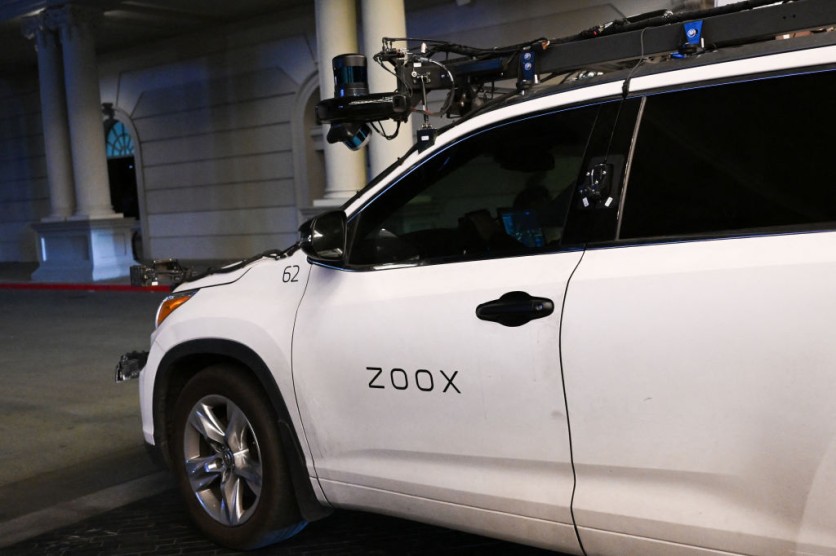Federal regulators investigating rear-end crash risks posed by abrupt braking have asked Zoox, the self-driving company of Amazon, for more information.
Two instances of Zoox robotaxis rapid braking led to rear-end crashes with motorcyclists, who sustained minor injuries, prompting the National Highway Traffic Safety Administration (NHTSA) to open a preliminary probe on May 10.
California's Department of Motor Vehicles has allowed Zoox to test its vehicles in Foster City and San Francisco without a safety driver. On Thursday, NHTSA gave Zoox until July 12 to provide more information as part of its probe.
According to TechCrunch, the agency requested 13 specific items in its letter, including the number of miles driven on public roads with self-driving software activated, the number of autonomous vehicle-commanded hard braking events with and without human supervision, a summary of braking incidents, and detailed timelines and data for each incident.
NHTSA's first analysis found Zoox's Toyota Highlanders had autonomous driving software when they crashed. In both occurrences, Zoox cars braked in reaction to a road user not directly in front of them, according to a May 30 letter from NHTSA's Office of Defects Investigation (ODI).
In the letter, the ODI expressed concern over the vehicles' "unexpected rapid braking" that could lead to accidents and property damage. It added that road users behind Zoox cars could not adequately anticipate or respond to rapid braking, making the risk extremely high.
The probe will evaluate Zoox's autonomous driving technology at crosswalks near vulnerable road users and comparable rear-end accident scenarios.

US Government Probing Risks of Robotaxis
The NHTSA's move may foreshadow heightened scrutiny of autonomous vehicle firms after GM's Cruise's permits to operate in California were suspended. It happened after the company withheld information on an incident that led to a Cruise robotaxi running over and dragging a pedestrian.
Alphabet's Waymo is also under federal investigation following allegations of its robotaxis making unexpected maneuvers that caused collisions and traffic safety violations.
Last month, the NHTSA said Waymo's vehicles' preliminary evaluation follows 22 incident reports involving collisions with stationary objects like gates or parked cars and other instances such as violating traffic laws.
In February, Waymo recalled its entire fleet for a software update after two collisions in Arizona. The company said its driverless robotaxis failed to accurately predict a towed car's movement in Phoenix.
More Companies Testing Self-Driving Cars
The Autonomous Vehicle Industry Association (AVIA) reported that dozens of companies are testing self-driving cars in at least 10 states, some even charging passengers. These deployments are primarily in Western states, where there is good weather and supportive local officials.
Washington Post reported that firms testing self-driving cars in San Francisco drive millions of miles on public highways and have hundreds of relatively minor crashes.
According to an industry association, autonomous cars have traveled 70 million miles, or like 293 trips to the moon and back. However, this statistic represents a minuscule percentage of the almost nine billion miles Americans travel daily, making it challenging to conclude their safety.
Related Article : US House Introduces New Bill Seeking to Boost Security Checks for 'Connected Vehicles' Made by Chinese Automakers

![Apple Watch Series 10 [GPS 42mm]](https://d.techtimes.com/en/full/453899/apple-watch-series-10-gps-42mm.jpg?w=184&h=103&f=9fb3c2ea2db928c663d1d2eadbcb3e52)



